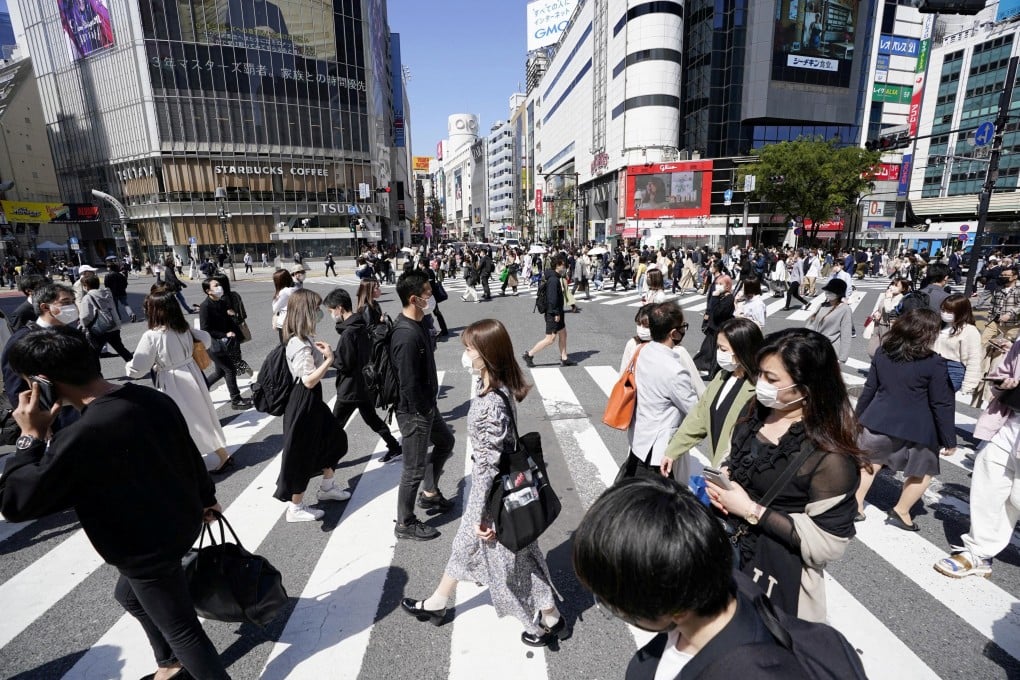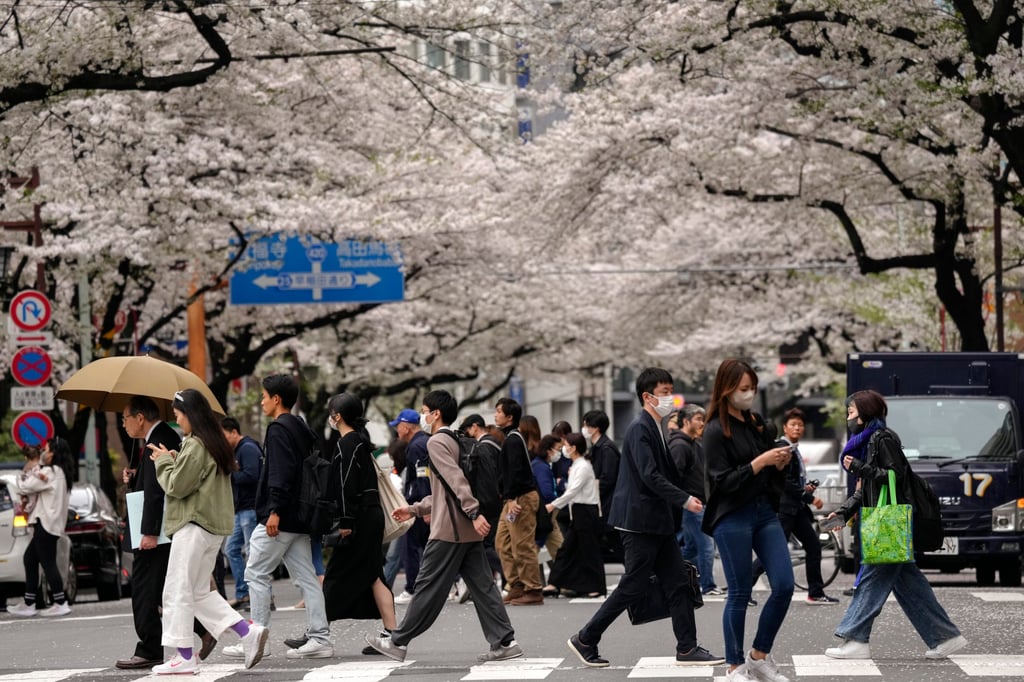As Japan battles ‘flesh eating’ infection outbreak, health authorities attempt to soothe visitors’ jitters
- Global media reports have highlighted a spike in the number of cases of the rare but frequently deadly streptococcal toxic shock syndrome
- The health ministry says travellers need not worry. But it remains unclear how widespread the illness is, or why it seems to be spreading so quickly

Global media coverage of the outbreak has highlighted a spike in the number of cases of the rare but frequently deadly bacterial infection, highlighting an apparent fatality rate of 30 per cent.
A health ministry official stressed that travellers concerned about contracting STSS need not cancel their plans to visit Japan, telling the Asahi newspaper that the frequent washing of hands, use of a face mask and keeping any open wounds clean should be sufficient to prevent infection.

From the start of the year to March 10, Japan’s National Institute of Infectious Diseases (NIID) recorded 474 STSS cases, compared with 941 in the whole of last year. The infection has also spread across the nation, with cases reported in 45 of Japan’s 47 prefectures, NIID said.
“There are still many unknown factors regarding the mechanisms behind fulminant [severe and sudden] forms of streptococcus, and we are not at the stage where we can explain them,” the institute said.